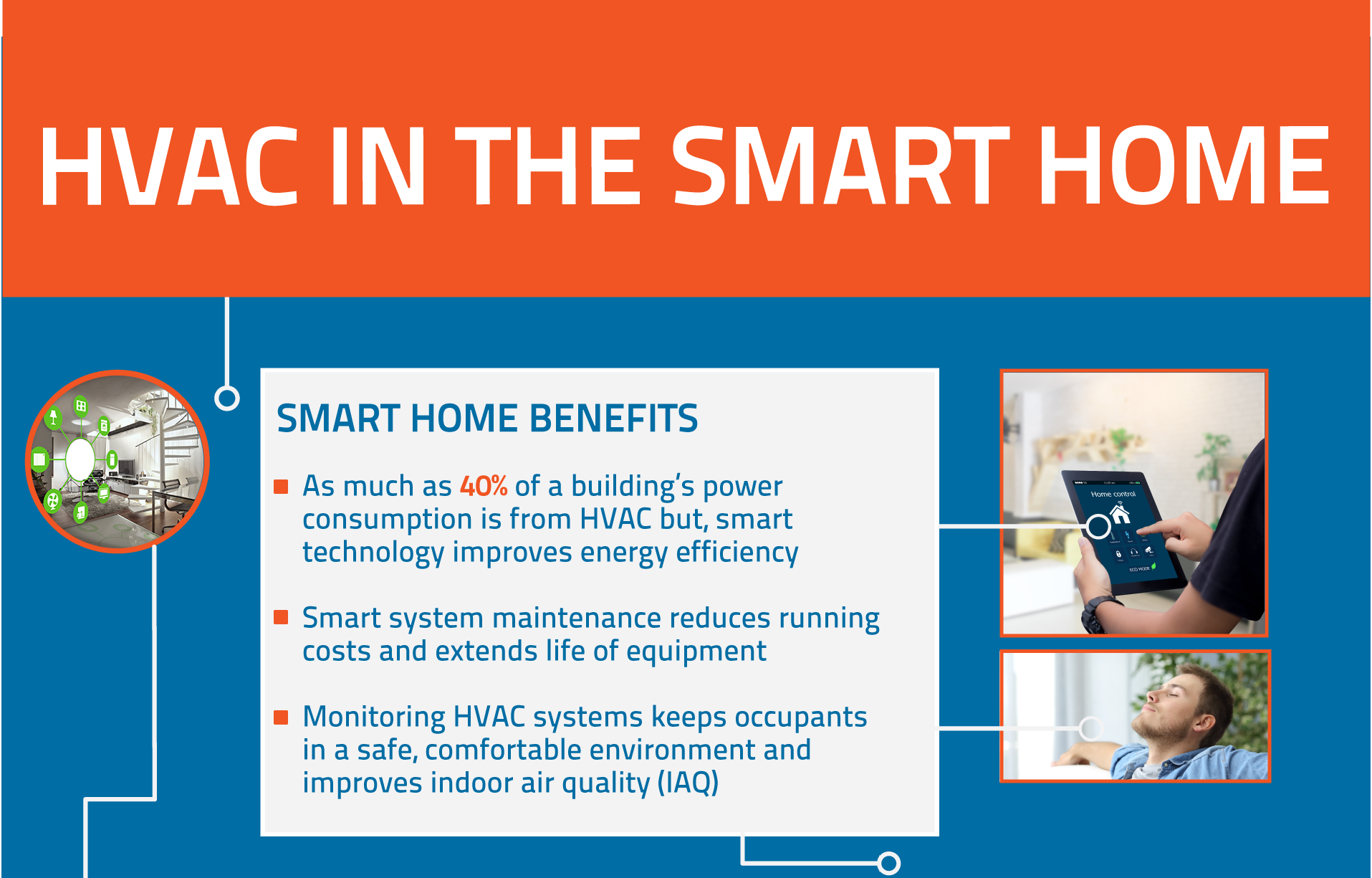Checking Out The Environmental Advantages Of Heat Pumps - A Lasting Heating Service
Checking Out The Environmental Advantages Of Heat Pumps - A Lasting Heating Service
Blog Article
Team Writer-Hinrichsen Borup
In a period where sustainability and energy effectiveness are paramount, many businesses seek eco-friendly home heating remedies. One such option is the heatpump.
A heatpump extracts the warm in its surroundings and pumps it right into your home, causing among the most efficient environment-friendly main heater around. This process likewise creates no greenhouse gas emissions, making it a highly sustainable innovation.
Energy Efficiency
Heat pumps are extremely energy efficient and require little maintenance. They use much less power than various other heating unit and are by far the most environmentally friendly. They work well with roof solar and can frequently spend for themselves in utility savings alone.
They can likewise provide cooling, which is fantastic for garage workshops, attic hangouts and perk areas, and home additions without prolonging the existing ductwork. They can even be utilized for retrofits in existing homes with hydronic (water-based) circulation systems such as low temperature level radiators or glowing floors.
Search for versions with SEER and HSPF ratings that satisfy or exceed copyright's minimum standards, along with the requirements in your region. Higher rankings mean better performance, which conserves you cash in the future and lowers your carbon footprint. You might also receive rebates and incentives! The most effective units are those with a ground heat exchanger for included effectiveness. These systems can soak up thermal energy from the ground throughout the winter months and extract it in the summer.
Reduced Greenhouse Gas Emissions
Heatpump work on power and basically move warmth from the air, also when it's cool exterior. They are able to draw out the totally free heat trapped in air particles and relocate them inside your home, lowering moisture while doing so.
Contrasted to gas heating systems, contemporary heatpump utilize less than one kilowatt of electrical energy per kilowatt of heating power they produce. This makes them the most energy reliable heating option available with a COP (Coefficient of Performance) of four or more. By reducing the need for fossil fuels, heatpump help in reducing greenhouse gas exhausts and cut other major air toxins.
Structure decarbonization is a global imperative, and the heating and cooling industry is a key vehicle driver of that process. Whether it's real estate investors making net zero commitments, plan manufacturers establishing discharges limitations, or lessees requiring greener areas, electric heatpump are being acknowledged as a vital solution. They are an economical means to reduce carbon emissions by eliminating the requirement for nonrenewable fuel sources in structures.
Convenience
Heat pumps can be utilized in numerous types of homes and structures-- with or without air ducts. They collaborate with hot-water radiators, air-conditioning and programmable thermostats. They can replace heaters or be mounted in brand-new residences. They can work on solar panels, geothermal systems and even area home heating resources like wastewater.
They're fantastic at providing more heat per energy device. As an example, an air-source heatpump creates approximately 3 or more home heating units from each electrical power unit it takes in.
Getting one of the most from your heatpump will certainly depend on your climate area and quality of insulation. Try to find designs with power celebrity ratings and contrast their SEER or HSPF specifications. In warmer climates, concentrate on SEER; in chillier regions, take into consideration a system with a greater HSPF score. On top of that, buy air sealing and insulation to lower the load on your heatpump. That will enhance energy efficiency and help you reach your Internet Absolutely no objectives faster.
Biomass Boilers
Biomass boilers utilize wood pellets, chips or logs to develop warmth and hot water. They are a great selection for off-grid properties or those that intend to get off the gas grid.
As https://www.achrnews.com/articles/144866-family-hvac-firm-takes-care-of-the-inside-for-building-owners , biomass can supply enough energy to maintain your home cozy throughout the year without the regular heat drop off of various other eco-friendly innovations. mitsubishi electric ducted heat pump can likewise be utilized along with photovoltaic panels to maximise cost savings and gain from RHI payments.
A downside of these systems is the in advance expense and regular gas deliveries. Typically, pellets will certainly need to be blown into a fuel store utilizing a vacuum cleaner system or they can be by hand fed into the boiler through a hopper. Logs are usually self-sourced from nearby woodland or purchased in bulk. As well as this, they call for hand-operated loading and might need cleaning often.